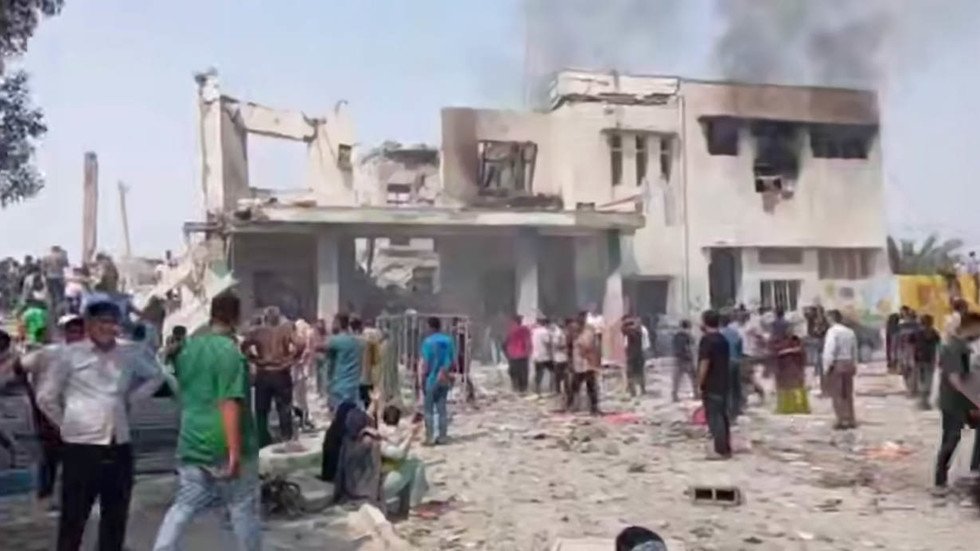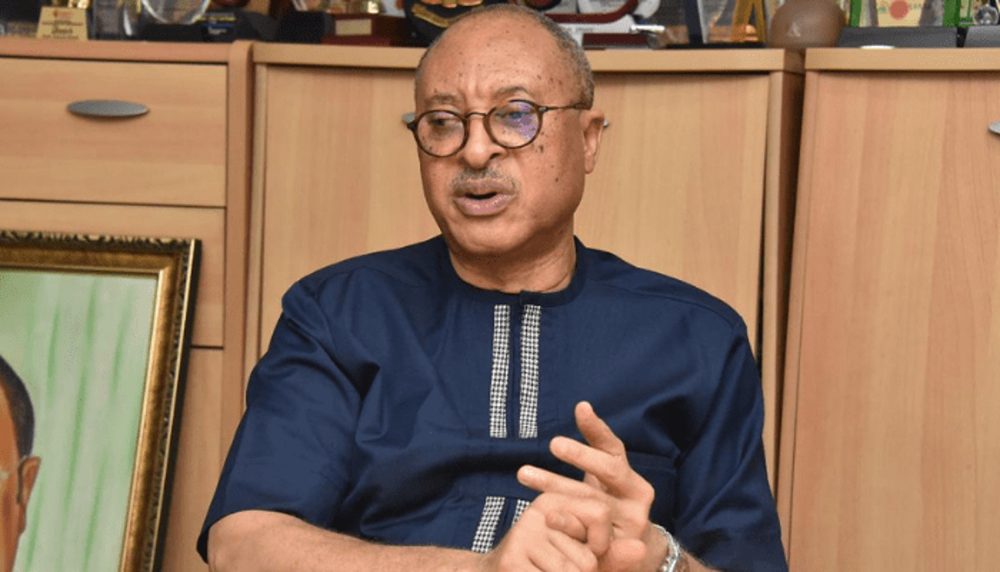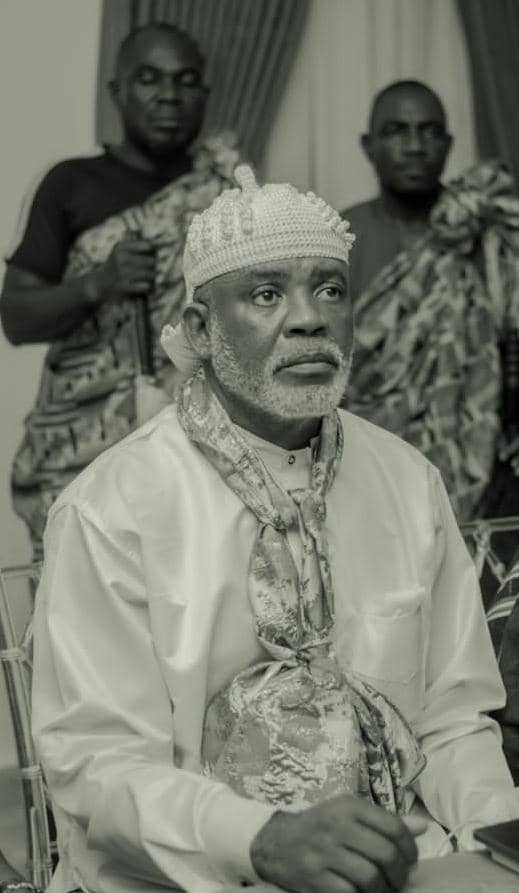For over a century, many African nations have operated their mineral sectors with limited knowledge of what lies beneath their soil—a reality likened to managing a warehouse without an inventory. This gap persists despite the continent’s vast mineral wealth, which fueled Europe’s industrialization during colonial rule. Today, the legacy of resource extraction, coupled with political dynamics, continues to shape how countries like Ghana and Rwanda approach mineral exploration, according to a decade-long study by political economists.
Ghana, Africa’s top gold producer, generated $11 billion from mineral exports in 2024 and recently discovered lithium, a critical mineral for green energy. Yet its geological data remains fragmented, a problem rooted in colonial-era practices. European powers meticulously mapped resources but retained control of the information—over 300,000 reports and maps are still held by the British Geological Survey. Post-independence, Ghana nationalized its mining sector before privatizing it in the 1980s under international pressure, shifting focus to short-term export gains.
Researchers attribute Ghana’s stalled progress to its volatile political landscape, where power alternates between two dominant parties every eight years. This system prioritizes immediate revenue over long-term investments like geological surveys. Successive governments have outsourced exploration to private firms, risking incomplete data sharing and loss of control over resource intelligence. Experts also point to opaque licensing deals that benefit political elites, creating disincentives for transparent bidding processes that comprehensive mapping might necessitate.
In contrast, Rwanda has pursued a centralized strategy since the Rwandan Patriotic Front consolidated power in 1994. The government revised mining laws, established its own exploration firm (Ngali Mining), and directly commissioned international firms to conduct surveys between 2012 and 2016. These efforts reclassified mining zones into 52 exploration areas, attracting targeted investments. While Rwanda imports and re-exports minerals like gold from the Democratic Republic of Congo for quick foreign exchange, its domestic mapping initiatives reflect a rare long-term vision among African states.
Other nations, including Uganda and Morocco, have also prioritized geological mapping. Uganda aims to expand its coverage from 50% to 100%, while Botswana and South Africa leverage historical data to attract investors. However, the study cautions that funding alone cannot overcome political short-termism. In Ghana, for instance, even a lithium discovery—a potential economic boon—has not spurred systematic mapping.
Global demand for minerals, particularly for renewable energy technologies, adds urgency. Yet the research underscores that unlocking Africa’s subsurface potential hinges on understanding political incentives. “Without addressing power structures, mineral wealth will remain half-mapped and underutilized,” notes Gerald Arhin of University College London, co-author of the study. As nations balance immediate needs against future gains, the divide between Ghana’s stagnation and Rwanda’s progress offers a stark lesson in how governance shapes resource destiny.



